What is Cinnamon?
Cinnamon is a spice that is made from the inner bark of several species of trees in the genus Cinnamomum. It has a sweet, warm, and slightly spicy flavor and is often used in cooking, baking, and beverages. Cinnamon can be found in two main forms: ground cinnamon and cinnamon sticks.
Cinnamon has been used for thousands of years for both culinary and medicinal purposes. In ancient times, it was highly valued for its medicinal properties and was used to treat a variety of ailments, including respiratory and digestive problems.
In addition to its potential health benefits, cinnamon is also rich in several essential nutrients, including fiber, manganese, calcium, and iron. It is also a good source of antioxidants, which can help protect the body against damage from free radicals.
There are several different types of cinnamon, including Ceylon cinnamon, which is also known as “true cinnamon,” and cassia cinnamon, which is more commonly used in the United States. Ceylon cinnamon has a milder, sweeter taste than cassia cinnamon. Cassia cinnamon gives recipes a bold cinnamon flavor commonly found in fall recipes in American dishes.
Cinnamon can be used in a variety of dishes, including sweet desserts, savory dishes, and hot beverages such as tea and coffee (find recipes below). It is also a popular ingredient in many organic spice blends, such as pumpkin pie spice and apple pie spice.
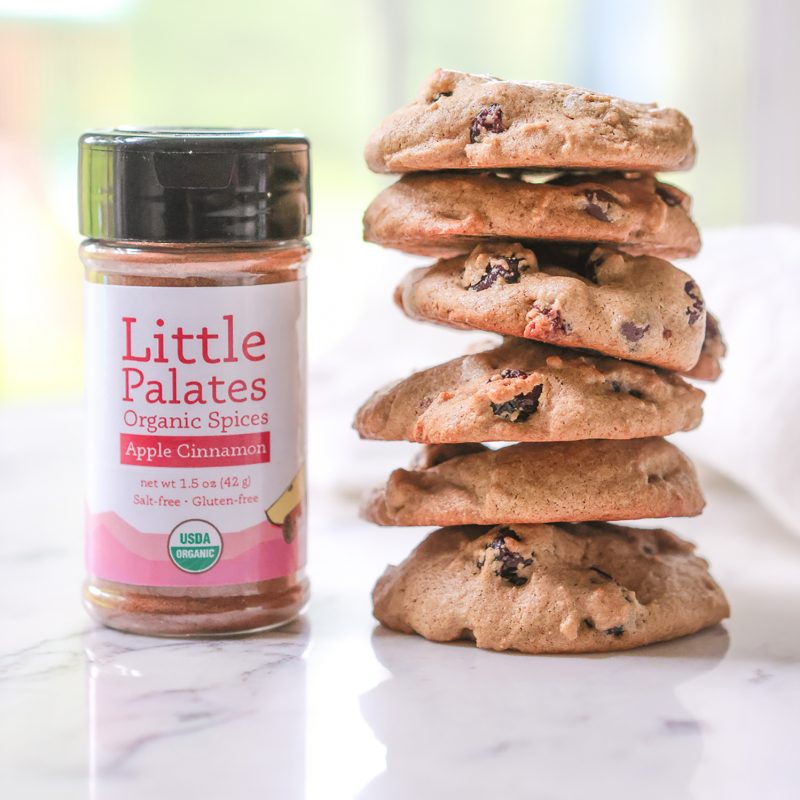 Our new Apple Cinnamon blend is the perfect cinnamon for all sorts of dishes.
Our new Apple Cinnamon blend is the perfect cinnamon for all sorts of dishes.
What are the health benefits of Cinnamon?
Cinnamon is a spice that has been used for centuries for its medicinal properties and distinct flavor. Here are some of the potential benefits of cinnamon:
- Anti-inflammatory properties: Cinnamon contains compounds that may help reduce inflammation in the body, which can lead to a range of health benefits, such as improved heart health and reduced risk of certain chronic diseases.
- Antioxidant effects: Cinnamon is rich in antioxidants, which can help protect cells from damage caused by free radicals and reduce the risk of oxidative stress-related diseases.
- Blood sugar regulation: Some studies have shown that cinnamon may help lower blood sugar levels and improve insulin sensitivity, which could be beneficial for people with diabetes or insulin resistance.
- Improves brain function: Cinnamon may help improve cognitive function, memory, and attention, as well as protect against age-related decline in brain function.
- Antimicrobial effects: Cinnamon has natural anti-microbial properties and may help fight bacterial and fungal infections.
It’s worth noting that more research is needed to fully understand the potential benefits of cinnamon, and it’s important to talk to your healthcare provider before using cinnamon as a supplement or in large amounts. Additionally, some people may have allergies or sensitivities to cinnamon, so it’s important to use caution when consuming it.
Legit Cinnamon Rolls using our Cinnamon Sugar Cookie blend
Common uses of Cinnamon
Cinnamon has a variety of uses, both culinary and medicinal. Here are some of the most common uses of cinnamon:
- Cooking and baking: Cinnamon is a popular spice used in cooking and baking. It is commonly used to flavor sweet dishes such as cakes, cookies, and pies, as well as savory dishes like curries, stews, and rice dishes.
- Hot beverages: Cinnamon is often used to flavor hot beverages such as coffee, tea, and hot chocolate. It can also be added to smoothies or milkshakes for a spicy twist.
- Aromatherapy: Cinnamon essential oil is used in aromatherapy to create a warm and comforting atmosphere. It is often used in diffusers or added to potpourri blends.
- Medicinal purposes: Cinnamon has been used for centuries in traditional medicine to treat a variety of ailments, including digestive issues, respiratory problems, and menstrual cramps. It is believed to have anti-inflammatory and antioxidant properties.
- Personal care products: Cinnamon is a common ingredient in many personal care products, such as toothpaste, mouthwash, and skin care products. It is believed to have antibacterial properties and may help prevent acne and other skin issues.
Overall, cinnamon is a versatile spice that can be used in a variety of ways to add flavor and warmth to many different types of dishes and products.
Spice blends that use Cinnamon
There are many spice blends that use cinnamon, and not just the typical fall flavors you know. Cinnamon can add a spicy warmth to spice blends, and that can help turn up the heat on everything from sauces and stews to beverages. Below you’ll find some of our favorite spice blends that incorporate cinnamon.
- Pumpkin Pie Spice – the classic cinnamon-forward blend of fall
- Apple Pie Spice – a simpler and more punchy cinnamon forward blend
- Cinnamon Sugar Cookie – cinnamon and sugar together, they can do no wrong
- Apple Cinnamon – a variation on apple pie spice, part of our Little Palates spices for kids!
- Jerk Seasoning – a warm, spicy jerk seasoning works well with a kick of cinnamon
- Ginger Cilantro – AIP followers rely on cinnamon to round out spice blends, and cinnamon plays a role in this versatile blend
- Breakfast Blend – another AIP friendly blend, for breakfast sausages
- Garam Masala – cinnamon is a nice addition to your garam masala
- Chinese Five Spice – no five spice would be complete with cinnamon
- Gingersnap Spice – gingersnap cookies and Christmas flavors, in one cinnamon-forward holiday blend
You can find all of our cinnamon-forward spice blends in our shop!
Recipes using Cinnamon
And cinnamon-forward spice blends like Pumpkin Pie Spice, Apple Pie Spice, and Cinnamon Sugar blends.
Easiest Cinnamon Applesauce
Cinnamon Sugar Apple Cider Donuts
Apple Cinnamon Breakfast Cookies
Cinnamon Sugar Churros
Cinnamon Swirl Cookies

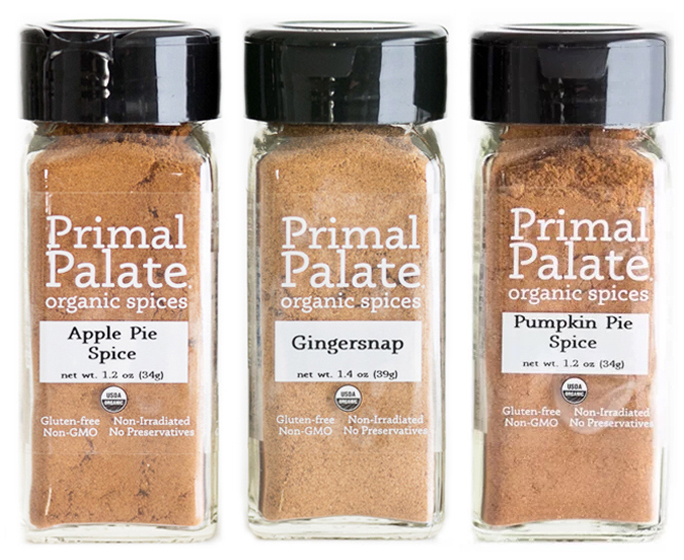
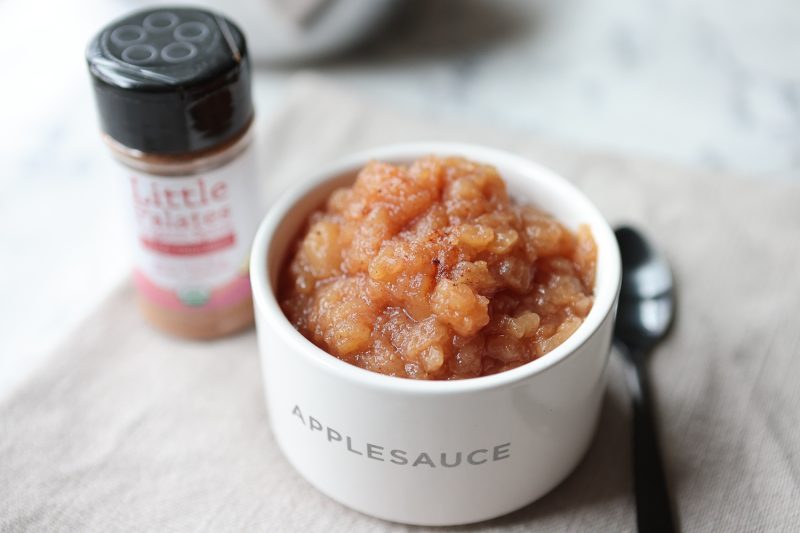

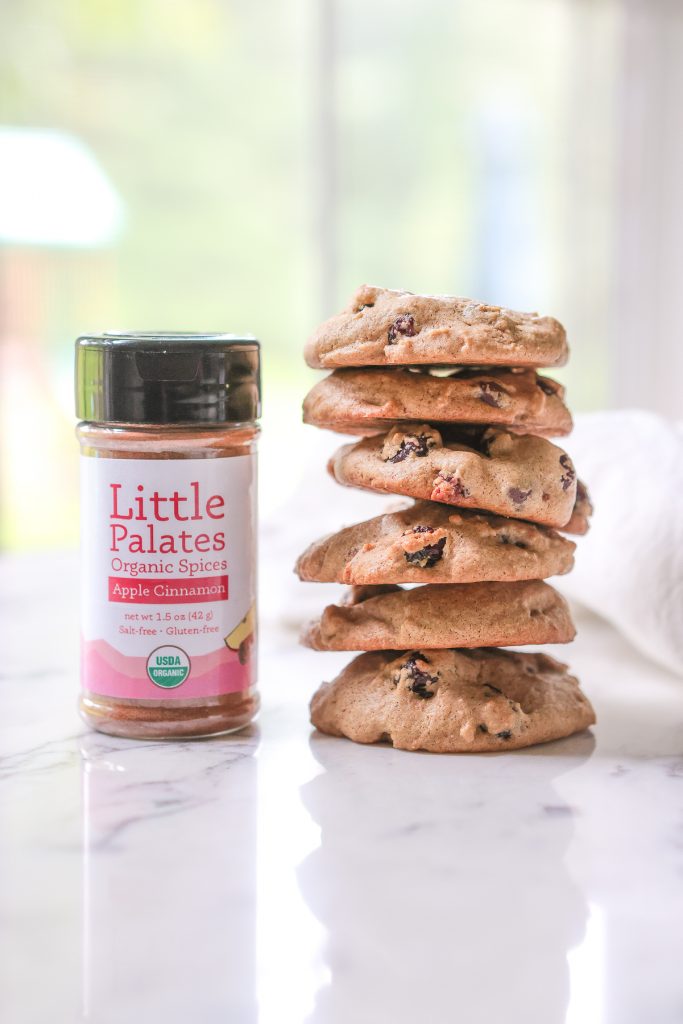

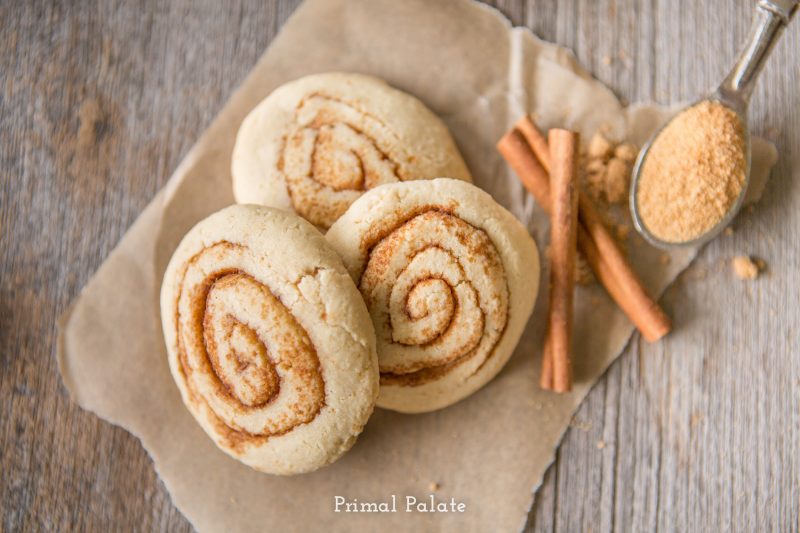
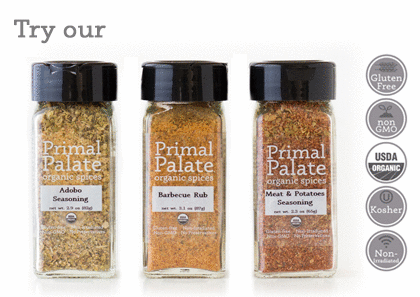


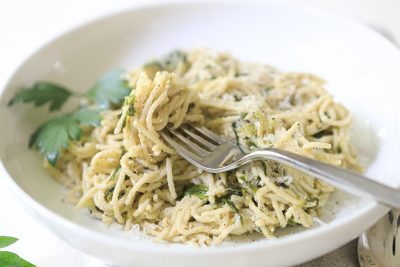


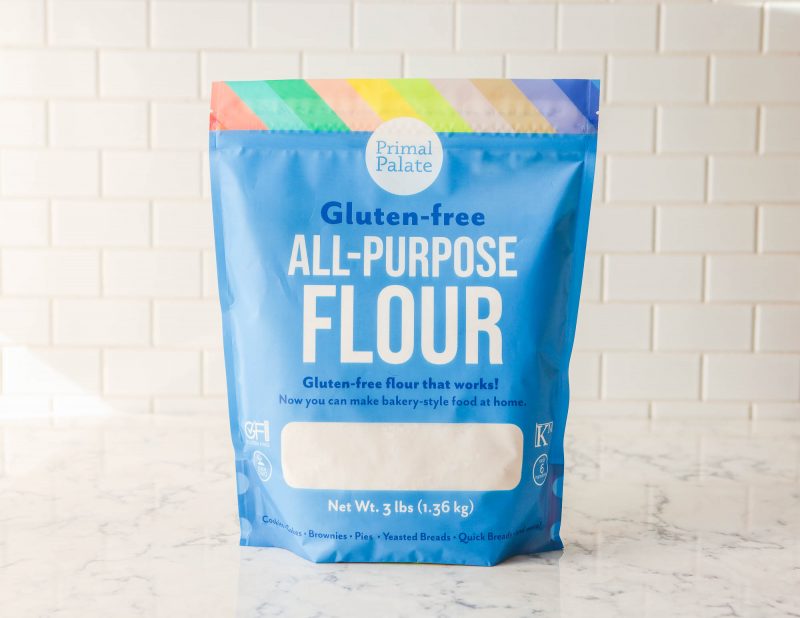

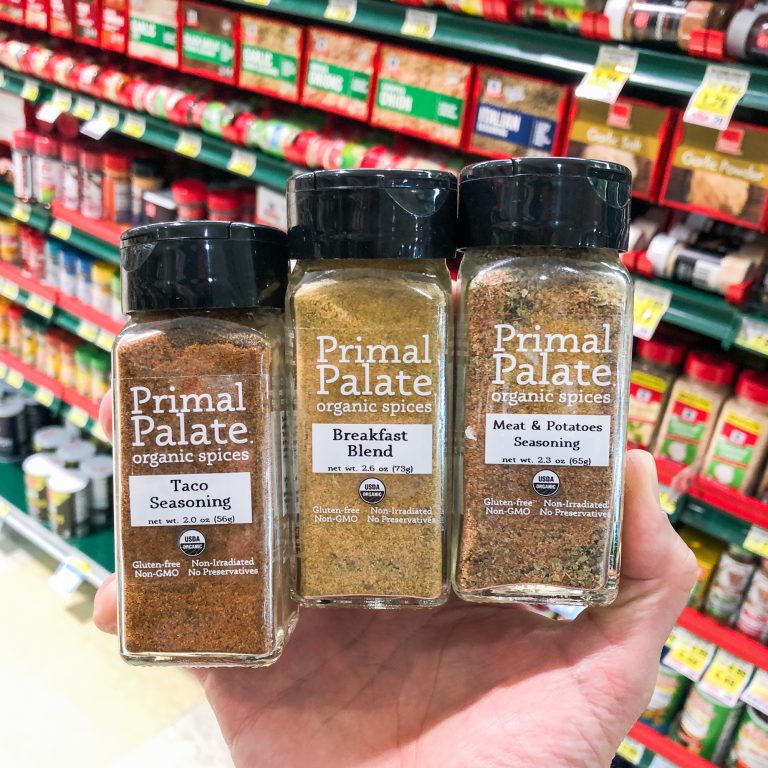
There are no comments yet.